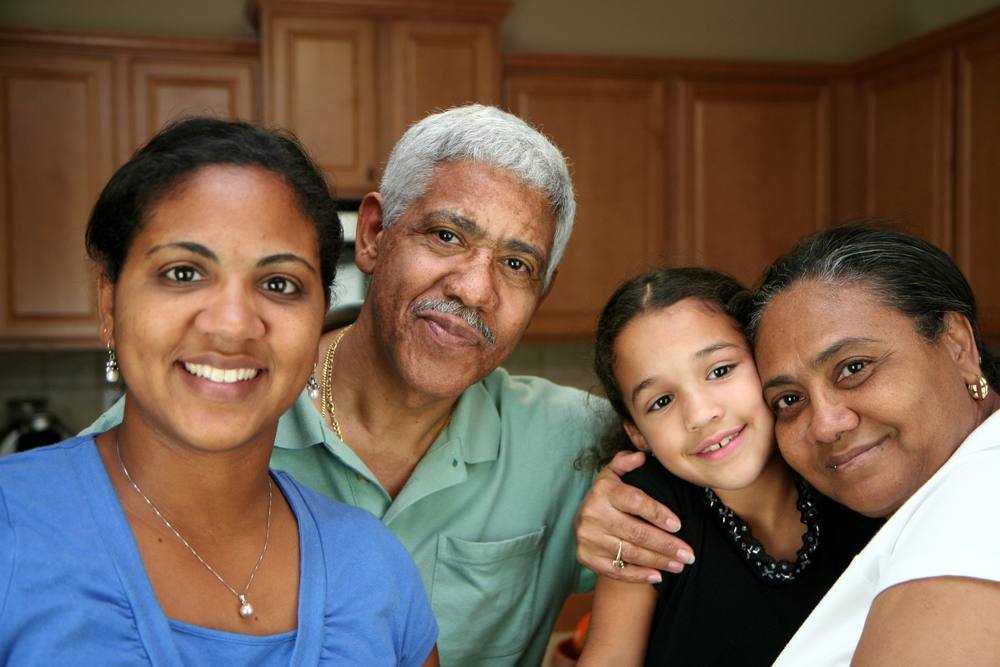-
COVID-19
Mayo researchers, minority communities team up to combat COVID-19 health disparities

Rochester, Minn. — As the COVID-19 pandemic takes more lives each day across the U.S., public health officials report that racial and ethnic minorities are disproportionately impacted. In a paper published as an accepted pre-proof article May 15, 2020, in the Journal of Clinical and Translational Science, researchers at Mayo Clinic detail how a community-engaged intervention tackled critical health communication problems within vulnerable minority communities. Community leaders collaborated with medical experts to serve as trusted conduits of information to their communities. The shared goal was to help people of diverse backgrounds understand what they need to know about COVID-19 prevention and testing, how to seek care, and how to access community resources.
Mark Wieland, M.D., a community internal medicine physician at Mayo Clinic and the first author on the study says that the pandemic has amplified existing health inequities.
"We know that racial and ethnic minorities are disproportionality impacted with chronic diseases and that these same communities tend to have higher COVID-19 infection and death rates," says Dr. Wieland.
These disparities are driven by social determinants of health, such as socioeconomic position, immigration status, and limited English language proficiency as well as other factors, he says.
To find solutions to these complex problems, it's crucial for academic researchers and community stakeholders to work together as equal partners and to leverage existing partnerships, says Irene Sia, M.D., an infectious disease physician at Mayo Clinic, and the study's senior author.
"Rich relationships have been formed over years and over many joint projects that have benefited the community," says Dr. Sia. In a pandemic situation, these relationships are critical because they provide a strong foundation for outreach to vulnerable populations."
Drs. Sia and Wieland are part of a long-standing community-academic research partnership, Rochester Healthy Community Partnership (RHCP), in Rochester, Minn., formed in 2004. Through the community partnership, they are working with community leaders to rapidly identify community needs and to co-create and deliver the right messages.
Community members say that the work of the partnership has allowed them to communicate more effectively, enabling communities to take actions to prevent the spread of the virus.
"We are very grateful of the guidance, support, and the strategies put forward by RHCP, and the difference it has made in the fight against COVID-19," says Ahmed Osman, Somali community member and program manager, Employment Services, Intercultural Mutual Assistance Association, and a co-author on the study. "Without RHCP commitment, I really believe that we would not have been able to reach out and educate our communities, and be prepared as we are today. RHCP work is far from over, but the community knows that they have a reliable and trusted partner."
The work is ongoing. Researchers and community members plan to continue their collaboration throughout the pandemic to discuss needs and to coordinate communication.
The researchers say that they hope the methods laid out in their paper can serve as a model for other community-academic partnerships during the COVID-19 pandemic.
"These sorts of partnerships are common throughout the country," says Dr. Wieland. "Each partnership is unique, but we think our framework can be a guide for others to borrow from to help them communicate with vulnerable populations." Mayo Clinic currently has two other research groups who have begun successfully using this framework.
In the near future, Drs. Wieland and Sia say they plan to study the impact this health communication strategy has on self-efficacy and perceived capacity, as well as on health behaviors within vulnerable communities.
Researchers involved in this study were Mark Wieland, M.D., Mayo Clinic, first author, and Irene Sia, M.D., who is the senior author.
This research was funded by Grant No. UL1 TR000135 from the National Center for Advancing Translational Science (NCATS).
Drs. Wieland and Sia report no conflicts of interest.
###
About Mayo Clinic
Mayo Clinic is a nonprofit organization committed to innovation in clinical practice, education and research, and providing compassion, expertise and answers to everyone who needs healing. Visit the Mayo Clinic News Network for additional Mayo Clinic news and An Inside Look at Mayo Clinic for more information about Mayo.
About Rochester Healthy Community Partnership
Rochester Healthy Community Partnership (RHCP) is a community-academic partnership with a mission to promote health and well-being of the community through community-based participatory research, education and civic engagement to achieve health equity. Learn more at http://www.rochesterhealthy.org.
Media contacts:
- Caitlin Doran, Mayo Clinic Public Affairs, 507-284-5005, newsbureau@mayo.edu
- Ahmed Osman, Rochester Healthy Community Partnership, 507-319-3438







